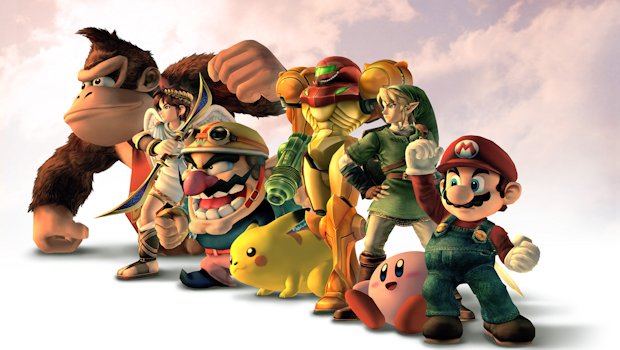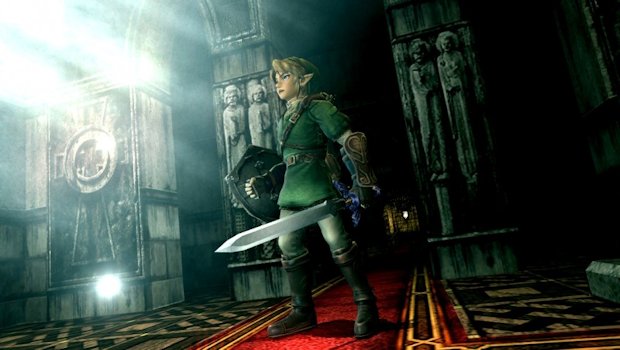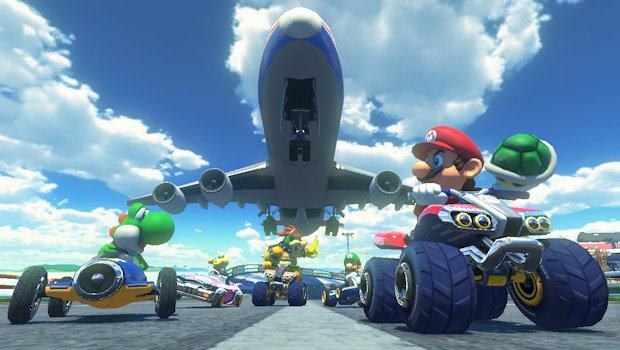There is no denying that the news is not good for Nintendo’s current state of being. Two weeks ago the company downgraded its forecasts from a $500 million profit to a loss of $250 million. Then Nintendo’s two most front facing executives, Satoru Iwata and Shigeru Miyamoto, took pay cuts. And now the quarter end financials reveal that things are as bad, if not worse then, everyone expected. But what exactly is the problem?
Everyone seems to have different theories on what Nintendo’s problem truly is. Some think that the solution relies on pushing out core entries in their mainstay franchises. While others think that the solution relies on Nintendo creating new properties. Then there are some that feel the problem lies within the price of the WiiU hardware or that Nintendo’s online system is archaic and scares away new people. While each of these is an issue for Nintendo, none of them are broad enough to actually be the root problem.
Nintendo thrives in a handheld market that has drastically changed over the course of the last decade. It has fended off, attacks from Sony, Apple, and Google to prove that they still belong. However the console market is another story. The WiiU’s standout feature, the tablet-like Gamepad, has left consumers perplexed at what it actually is, and Nintendo hasn’t done a good job of explaining it either, with commercials over the holidays proclaimed the WiiU an upgrade to the Wii. Market confusion explains why the masses haven’t snatched up the WiiU but that doesn’t explain the core gaming group’s apathetic approach to the system.

Is it a lack of games? While the narrative of the WiiU having nothing to play was prevalent for much of 2013, by the end of the year the system had plenty of quality titles to play on the system, including a game of the year contender. And there is certainly more to play on the system than there is to play on either the Playstation 4 or Xbox One, both of which outsold the WiiU’s year-to-date totals in less than two months.
Is it the price? At $299.99, it is cheaper, albeit less powerful, than the Playstation 4 and Xbox One and when compared to the much older, and less powerful, Playstation 3 and Xbox 360, it is priced fairly competitively. In fact, I’d go as far as saying it is actually priced quite smartly and considering the Xbox One, priced at $499.99, flew off store shelves this holiday to the tune of 3 million units, I think price is a non-starter when talking about the core market.
No, I firmly believe that Nintendo’s biggest problem, at least in the console market where many of Nintendo’s financial issues stem from, is as a company, the House that Mario built has lost its identity. Nintendo was once a name you could trust, that trust has evaporated and because of that so have many of their most ardent fans, including many of them in Japan. During the Wii generation, longtime fans begged Nintendo to give them a reason to stick with them but year after year, they brought out crazy gimmicks targeted at their Blue Ocean. Those gimmicks didn’t catch with the more general audience and when they finally turned back to the fans that had supported them all this time, they had moved on and with them, so did their money.
Nintendo needs to recapture its identity. It needs to rebuild that trust. This isn’t impossible. Sony, a company that is in far more dire financial shape than Nintendo, was in the same position during the last generation. While still incredibly successful, the Playstation 3 was a symbol for Sony’s hubris at the end of the Playstation 2 era and it left a sour taste in many gamers mouths. Sony was able to realize that they lost the trust of their consumers and went about repairing it. And they have done such a great job that they currently are sitting pretty atop the current gen console race with the Playstation 4. Nintendo can do this too but it may very well mean making drastic changes to the way they operate and I’m not sure if under the current leadership they are ready, or even able to do that. I suppose though that we’ll see how it all shakes out in the coming months, Nintendo’s share holders won’t allow this to stand for much longer.

